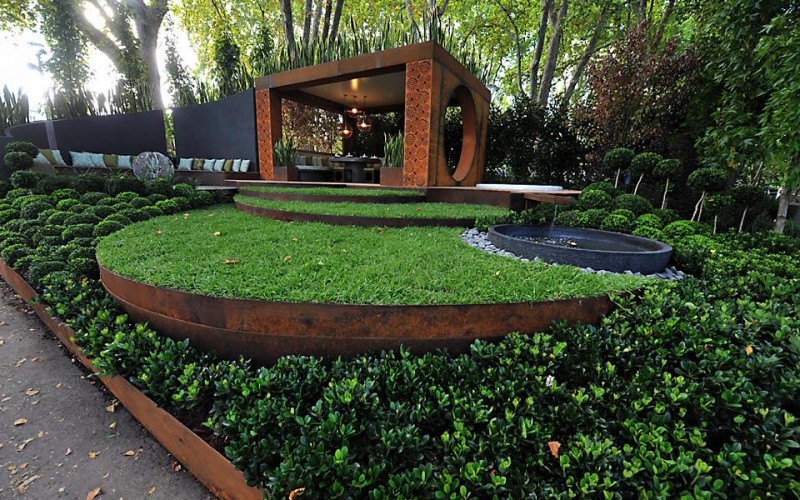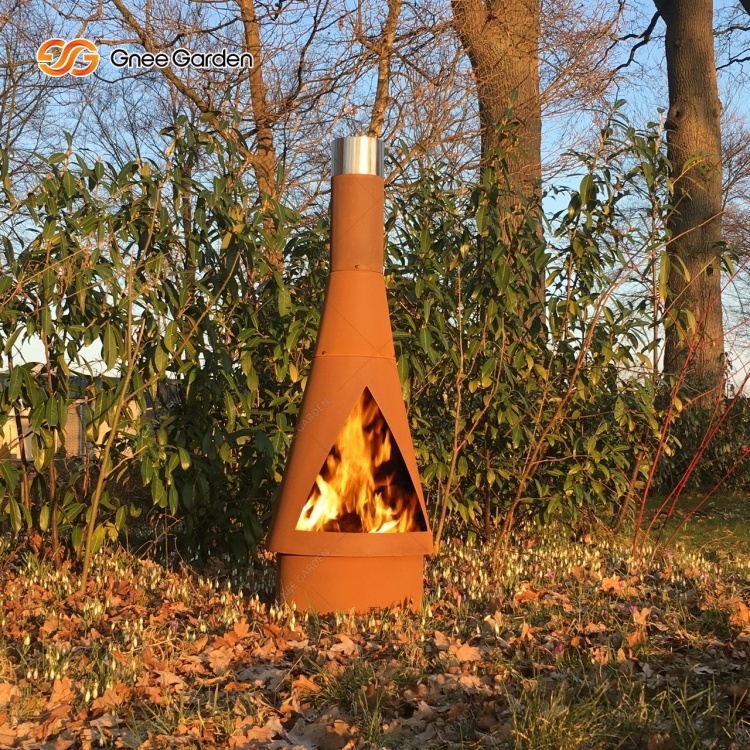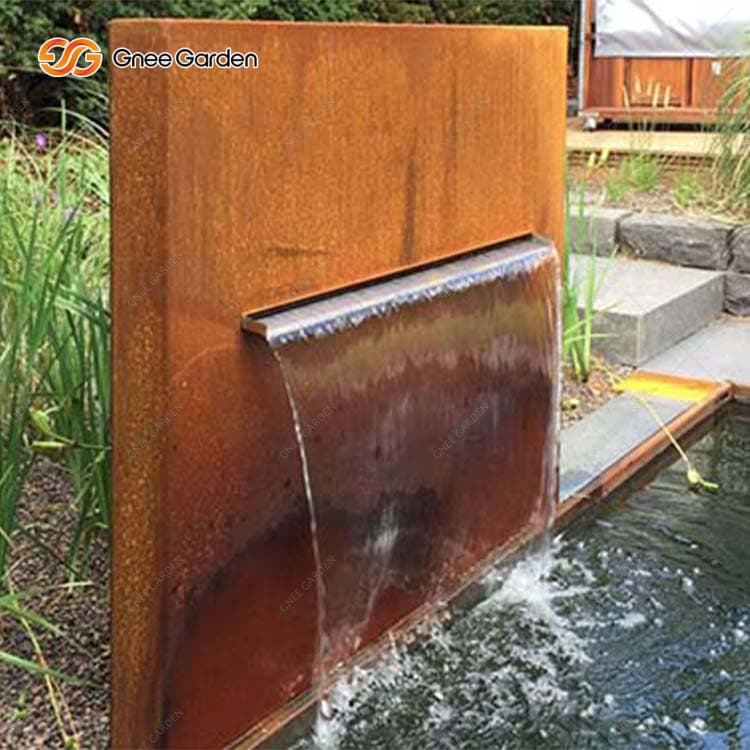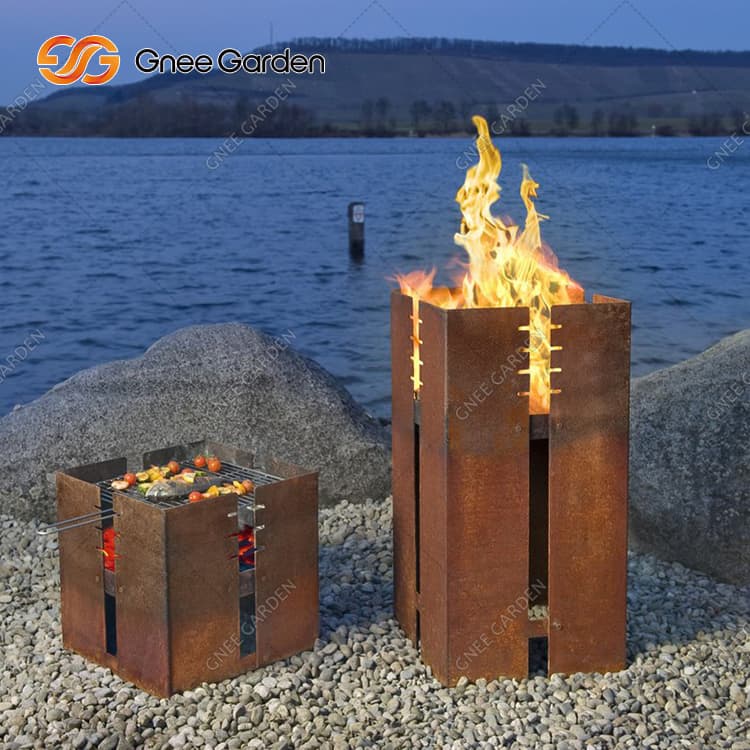Is Corten Steel Safe for Vegetables? Safety Considerations and Best Practices
As a skilled professional in the field, I’ve addressed the safety concerns of using Corten steel in vegetable gardens. The leaching of trace elements into the soil and its potential impact on plant health and safety of eating vegetables are important factors to consider. By following best practices and considering alternative materials, you can create a safe and thriving environment for your edible plants.
When using Corten steel in vegetable gardens, it’s crucial to consider its impact on soil composition and plant health. The presence of small amounts of copper, chromium, and nickel in Corten steel can leach into the soil, potentially affecting pH levels and nutrient content. By monitoring the soil and using barriers to limit direct contact, you can ensure a safe and thriving vegetable garden environment.
-
Key Points
- – Leaching of trace elements into soil
- – Potential impact on soil composition
- – Effects on plant health and safety of eating vegetables
- – Best practices for using Corten steel with edible plants
- – Alternatives to Corten steel for vegetable gardens
Safety Considerations of Corten Steel in Gardening
As an skilled professional inside the discipline, i’m able to hopefully address the protection concerns of the use of Corten metal in vegetable gardens. While Corten metal is a famous preference for its sturdiness and specific aesthetic attraction, there are a few factors to consider whilst using it in near proximity to edible flora.
one of the primary concerns with Corten metallic in gardening is the presence of hint factors that may leach into the soil through the years. These elements can potentially have an effect on the composition of the soil and, in flip, the health of the flora developing in it. It is vital to understand the capacity risks and take vital precautions to make certain the protection of your vegetable lawn.
| Key protection issues: |
|---|
| 1. Leaching of trace factors into the soil |
| 2. Potential effect on soil composition |
| 3. Effects on plant health and protection of eating veggies |
at the same time as Corten metallic can be a elegant addition on your lawn, it’s miles crucial to weigh the capacity dangers and advantages earlier than incorporating it into your vegetable garden. By means of following pleasant practices and considering opportunity substances, you may create a secure and thriving environment on your fit for human consumption plants.

Corten Steel’s Impact on Soil Composition and Plant Health
in terms of the use of Corten metal in vegetable gardens, it’s far crucial to recollect its impact on soil composition and plant fitness. While Corten metal is understood for its sturdiness and weather resistance, it’s miles important to word that it consists of small amounts of copper, chromium, and nickel. These metals can leach into the soil over time, potentially affecting the pH stages and nutrient content.
excessive degrees of copper, as an instance, may be toxic to positive flowers if found in excess. It’s far crucial to screen the soil frequently and conduct exams to make sure that the stages of those metals stay within secure limits for vegetable increase. Moreover, the rust runoff from Corten metallic can stain surrounding surfaces and have an effect on the general aesthetics of the lawn.
whilst Corten steel can upload a completely unique and present day look to a vegetable lawn, it’s miles crucial to weigh the capacity risks and blessings earlier than incorporating it into your gardening setup. Don’t forget the usage of a barrier among the Corten metallic and the soil to limit direct contact and decrease the probabilities of metallic leaching. Normal soil testing and tracking plant fitness also are recommended to make certain a secure and thriving vegetable lawn environment.
FAQs about Using Corten Steel in Vegetable Gardens
Is Corten steel safe for vegetable gardens?
While Corten steel is known for its durability and unique aesthetic appeal, there are some safety considerations to keep in mind when using it in close proximity to edible plants. One of the primary concerns is the potential leaching of trace elements into the soil, which can affect soil composition and plant health. It is essential to weigh the potential risks and benefits before incorporating Corten steel into your vegetable garden.
What are the potential risks of using Corten steel in vegetable gardens?
The primary risk of using Corten steel in vegetable gardens is the leaching of trace elements such as copper, chromium, and nickel into the soil over time. These elements can potentially impact soil composition and plant health, and it is crucial to monitor the levels of these metals to ensure they remain within safe limits for vegetable growth.
What are the best practices for using Corten steel with edible plants?
Some best practices for using Corten steel in vegetable gardens include choosing food-grade Corten steel, lining the interior of planters with a protective barrier, monitoring soil pH levels, avoiding direct contact with edible parts of plants, and maintaining proper drainage in planters. By following these best practices, you can minimize any potential risks to your plants and produce.
Are there alternatives to using Corten steel in vegetable gardens?
Yes, there are several alternatives to Corten steel for vegetable gardens, including stainless steel, galvanized steel, wood, recycled plastic, and composite materials. Each option offers unique benefits and considerations, and the best choice will depend on your personal preferences, budget, and gardening goals.






